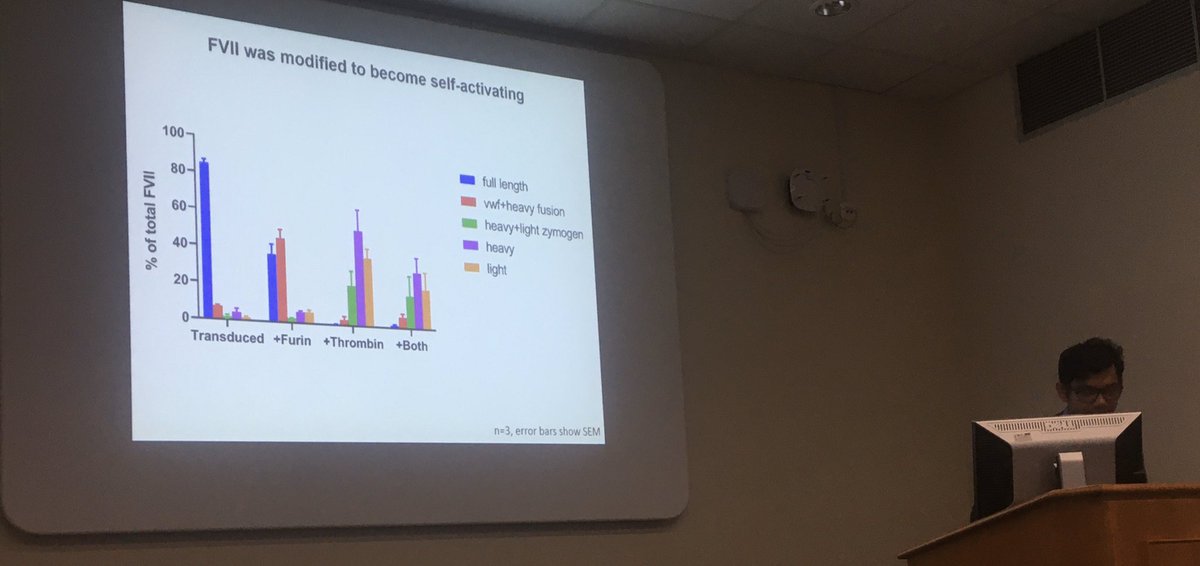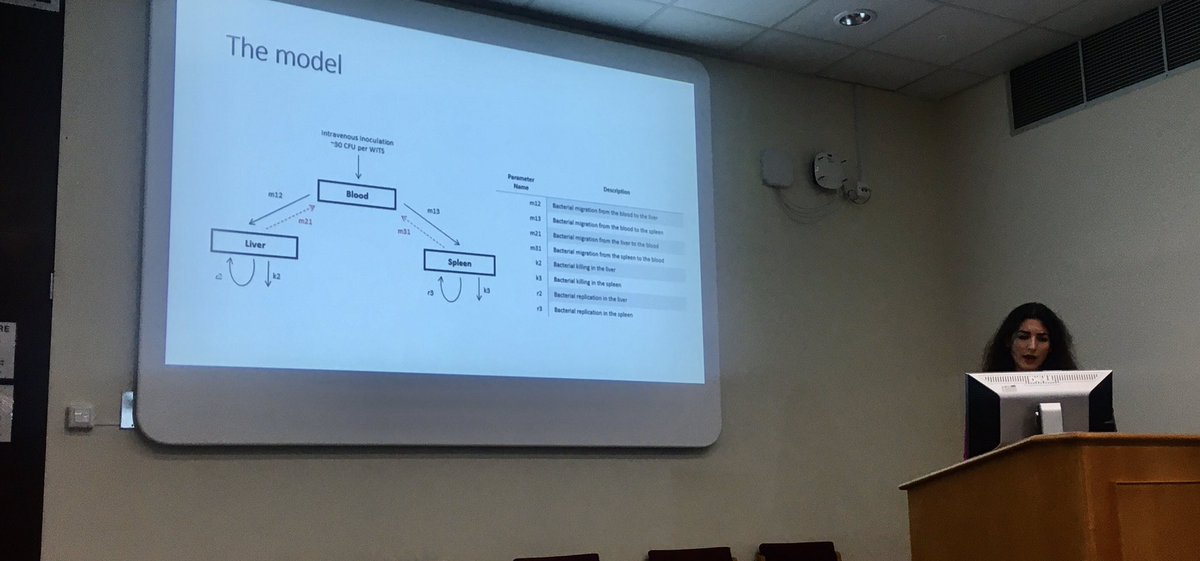Being the final year of my PhD, I was asked to present a 20 minute talk at this year's annual MB/PhD Symposium here in Cambridge. The talk was very well received! It was also a special year, being the 20th anniversary of the Cambridge MB/PhD Programme. In this post I want to report on all of the other exciting science being done by my colleagues, after the great introduction by the programme director, Professor Stefan Marciniak.
Elizabeth Le - Machine Learning to Predict Stroke Risk
The very first talk of the day! Elizabeth gave a wonderful talk on her work in using supervised machine learning on CT scan data from carotid arteries, and how CNNs (convolutional neural networks) can be used to classify plaques that have a high probability of going on to cause disease vs benign plaques. Hopefully this can one day help us prevent strokes in at-risk patient groups! 🤖
First @CambridgeMBPhD talk from @elostling
“Radiomics & machine learning for the prediction of cardiovascular events”
Emma Rocheteau - Graph Neural Networks to Process Electronic Patient Records
Electronic patient records are full of sparse data, often in an incomplete form, and so it was exciting to see Emma's work in using graph neural networks and graph transformer networks (a type of neural network) to process this kind of data, and use it to predict length of stay in hospitals! 📊
Emma Rocheteau @CambridgeMBPhD describes her work using machine learning to examine patient electronic records
Minaam Abbas - A new immunotherapy for leukaemia
My pal Minaam's talk focused on his work in investigating the mechanism of action of a "failed" drug abandoned by a large pharmaceutical company, a PROTAC for PCAF/GCN5.
He was able to show some very interesting results on how in certain cell lines of acute myeloid leukaemia (AML), this drug actually causes the leukemia cell proliferation to slow by inducing their differentiation into dendritic cells, which have the potential to then present their own neo-antigens to the adaptive immune system, which has the potential to prevent relapses! 🧬
Souradip Mookerjee - Supercharged platelets
I won't talk too much about my own work here, as I have written more about it on its own dedicated project page 😊
Souradip Mookerjee @CambridgeMBPhD talking next about his work to engineer better blood platelets
Myrto Vlazdaki - Mathematical modelling of bacterial infection
Myrto's talk started very philosophically discussing the role of models in medicine, and how she models the in vivo dynamics of Salmonella infection, which might otherwise be impossible to study by taking certain measurements that are more easily accessible and inferring states within the body that would not be easily directly measured! 🦠
Myrto Vlazaki @CambridgeMBPhD - in her MB PhD she is using mathematical modelling to understand the in vivo dynamics of Salmonella infection
Joachim Hanna - Hedgehog signalling in T helper cell differentiation
Joachim's talk was on the role of a type of intracellular signalling (the Hedgehog pathway) in the normal control of T cell differentiation. He was able to show that this type of signalling is key for the type of T cell (immune response) that protects us against fungi (Th17), that this goes wrong in inflammatory bowel diseases, and that modulating this pathway with drugs might help alleviate a lot of the pathology of these autoimmune conditions! 🦔
First @CambridgeMBPhD talk from @elostling
“Radiomics & machine learning for the prediction of cardiovascular events”
Maria Fala - 13C MRI for Metabolic Imaging of Brain Tumours
Maria's talk focused on using this special type of MRI to measure the metabolic activity of glioblastomas (a type of brain tumour), something traditionally done with PET that involves radiation. This could pave the way to more non-invasive, safer ways of imaging tumours and monitoring how effective different treatments are, as well as for discovering metastases! 🔬
Summary
Overall, this is a very exciting time for medical research, and many things that seemed like science-fiction only a few years ago now seem the new normal, and progress only seems to be getting more fast-paced!
Everyone did a great job and I am proud to call them my friends 🙂 (and I haven't even mentioned the poster presenters and the audience for the insightful questions that were asked).




